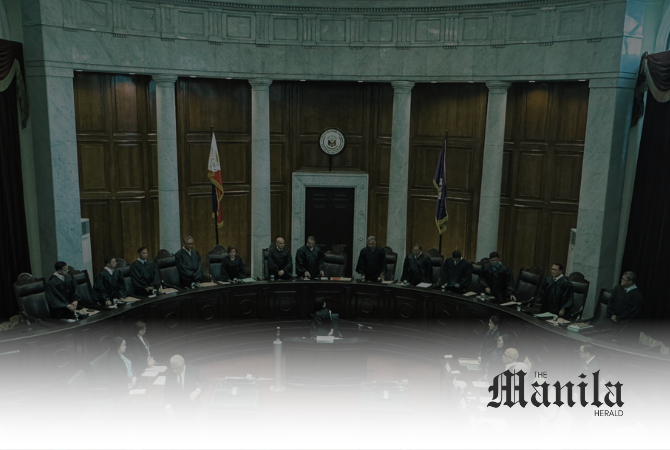The Supreme Court of the Philippines (SC) has struck down the foreclosure sale of a mortgaged property initiated by Metropolitan Bank and Trust Company (Metrobank), citing the bank’s failure to properly account for loan payments made by the borrowers.
In a landmark ruling penned by Associate Justice Mario V. Lopez, the SC’s Second Division sided with Carmelita Cruz and Vilma Low Tay, businesswomen behind Republic Shoes & Handbags Manufacturing. The two had taken out multiple loans from Metrobank from 1993 to 2004, securing them with a prime piece of real estate in Pasig City. However, despite their substantial payments, the bank failed to provide an accurate record of their outstanding balance, eventually leading to a foreclosure that the SC has now nullified.
The Accounting Discrepancy: Where Did PHP 12.14 Million Go?
The borrowers had painstakingly tracked their payments, hiring an accountant to audit their records. They found that while they had paid a total of PHP 32.6 million, Metrobank had only credited PHP 20.5 million—leaving a staggering PHP 12.14 million unaccounted for. This discrepancy led them to file a Complaint for Accounting before the Marikina Regional Trial Court (RTC), which ruled in their favor.
Metrobank, however, moved forward with foreclosing the property, despite the unresolved issue of missing payments. The bank later secured a new Transfer Certificate of Title (TCT) under its name and petitioned the Pasig RTC for a Writ of Possession. The trial court blocked Metrobank’s petition, ruling that the foreclosure was premature given that the borrowers’ payment records remained unresolved.
A Legal Tug-of-War: The Courts Clash
The case took a dramatic turn when the Court of Appeals (CA) overturned the Pasig RTC’s decision, ruling in favor of Metrobank. The CA reasoned that overpayment disputes do not invalidate a foreclosure sale, as they relate to the loan agreement rather than the foreclosure process.
This prompted the borrowers to elevate the case to the Supreme Court, which ultimately rebuked Metrobank’s actions. The SC noted that while a bank’s failure to account for payments does not ordinarily invalidate a foreclosure, this case was unique:
- The SC had already issued a final ruling in a separate case, ordering Metrobank to fully account for the borrowers’ payments.
- By proceeding with the foreclosure without complying with that ruling, Metrobank disregarded the Supreme Court’s order.
- The bank’s handling of the matter violated its fiduciary duty to its clients, a duty that requires banks to exercise the highest degree of diligence in managing customer accounts.
Supreme Court’s Verdict: No Foreclosure Until the Books Are Balanced
The Supreme Court annulled the foreclosure sale and barred Metrobank from taking possession of the property until the bank fully accounts for all loan payments. It emphasized that allowing the foreclosure to proceed before resolving the accounting discrepancies would be a violation of due process and an injustice to the borrowers.
The ruling sends a strong message to banks and financial institutions: before resorting to foreclosure, they must exhaust all means to ensure transparency and fairness in their dealings with borrowers.

